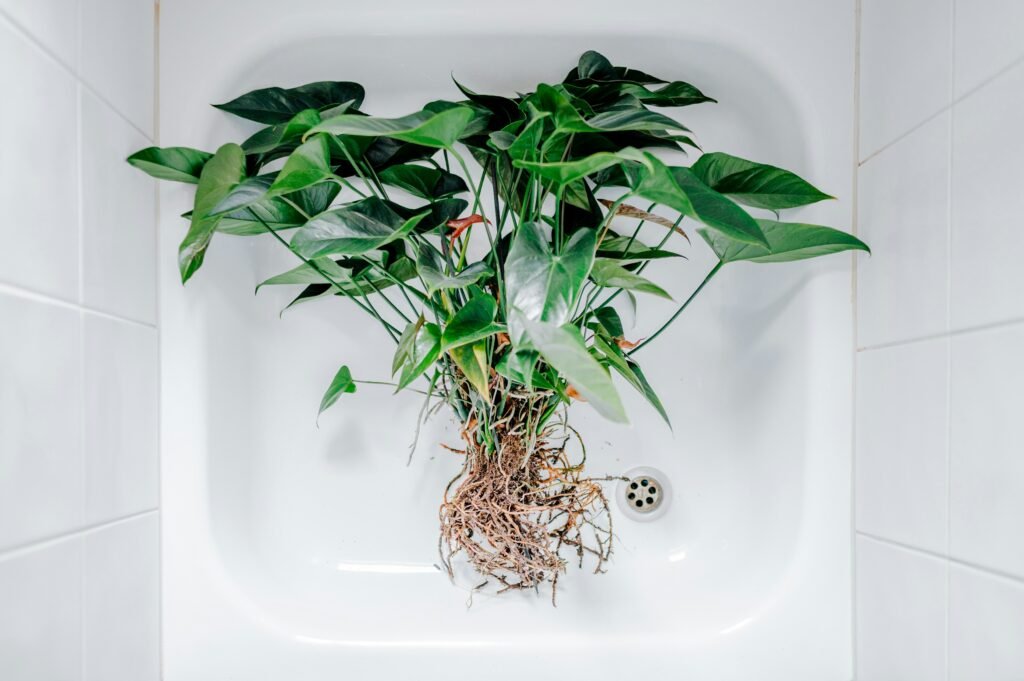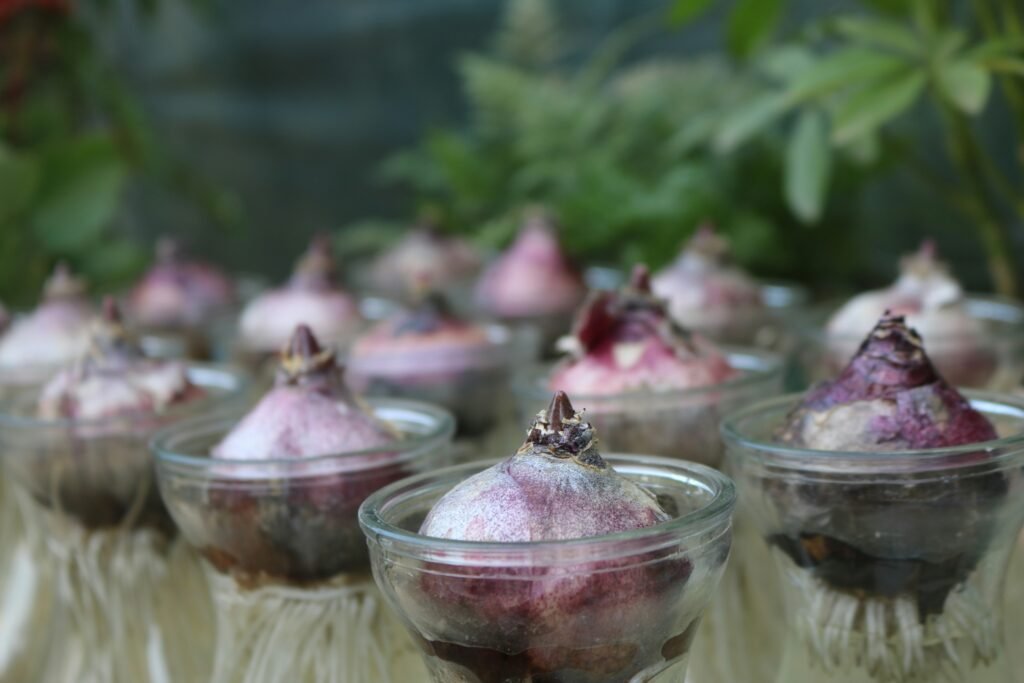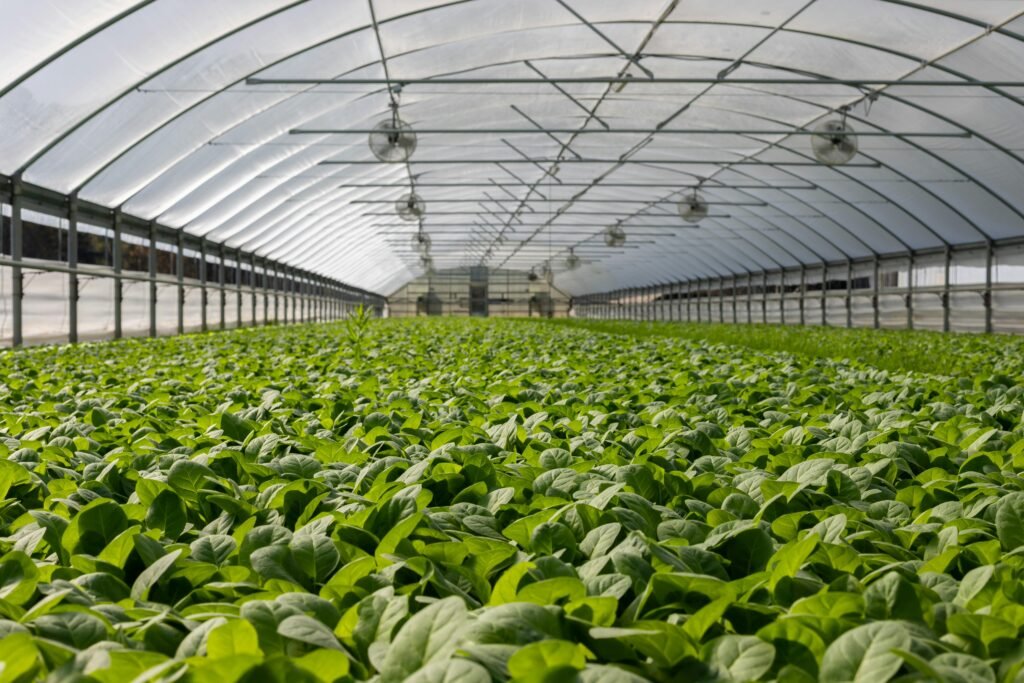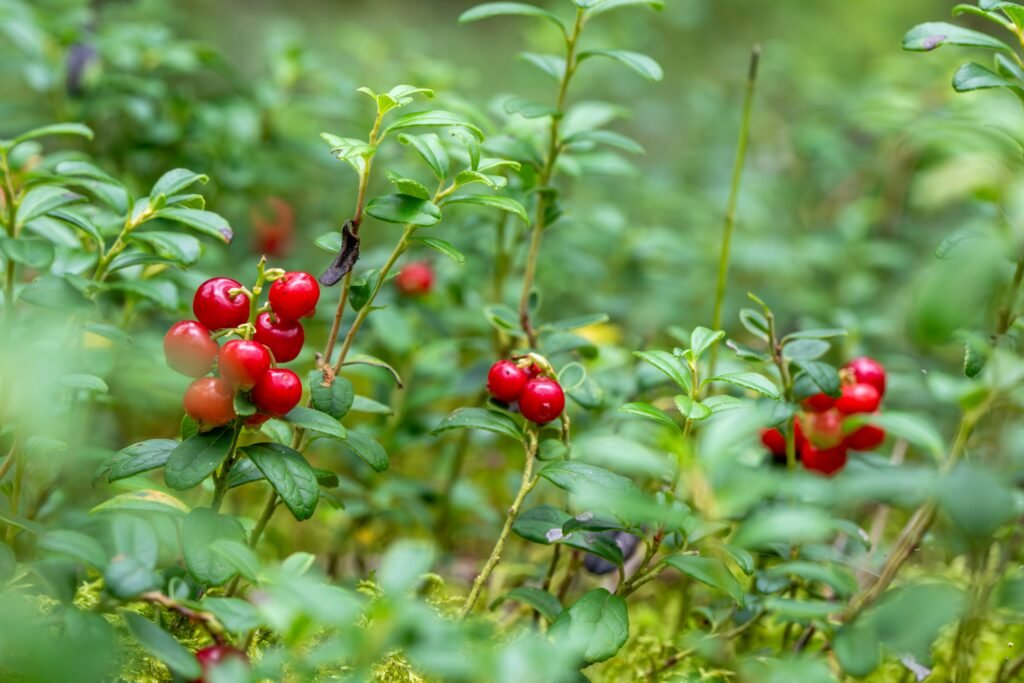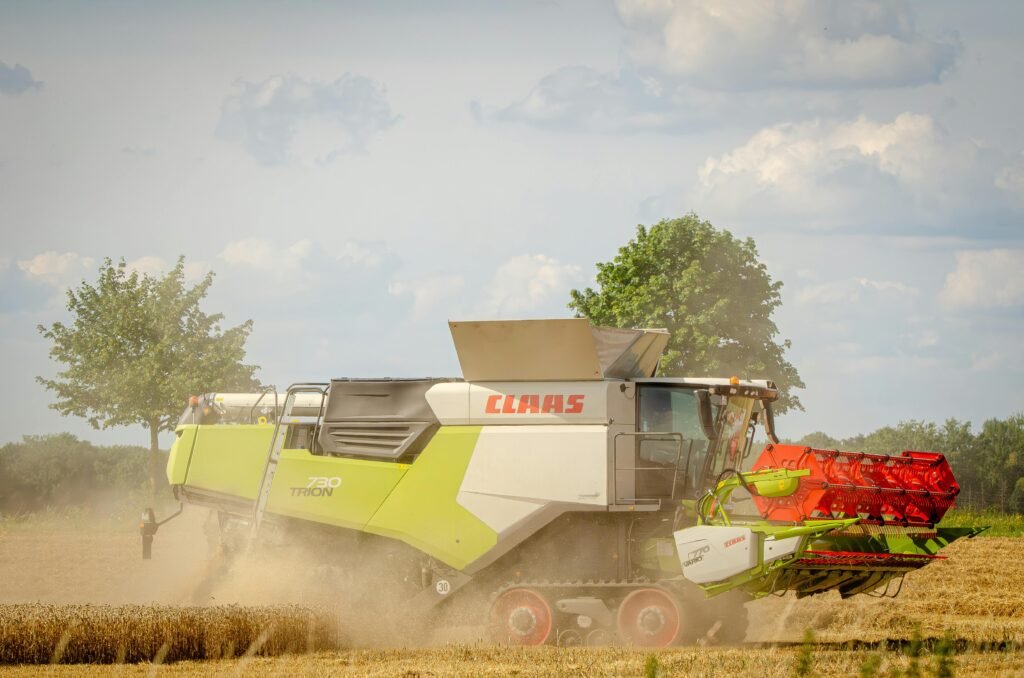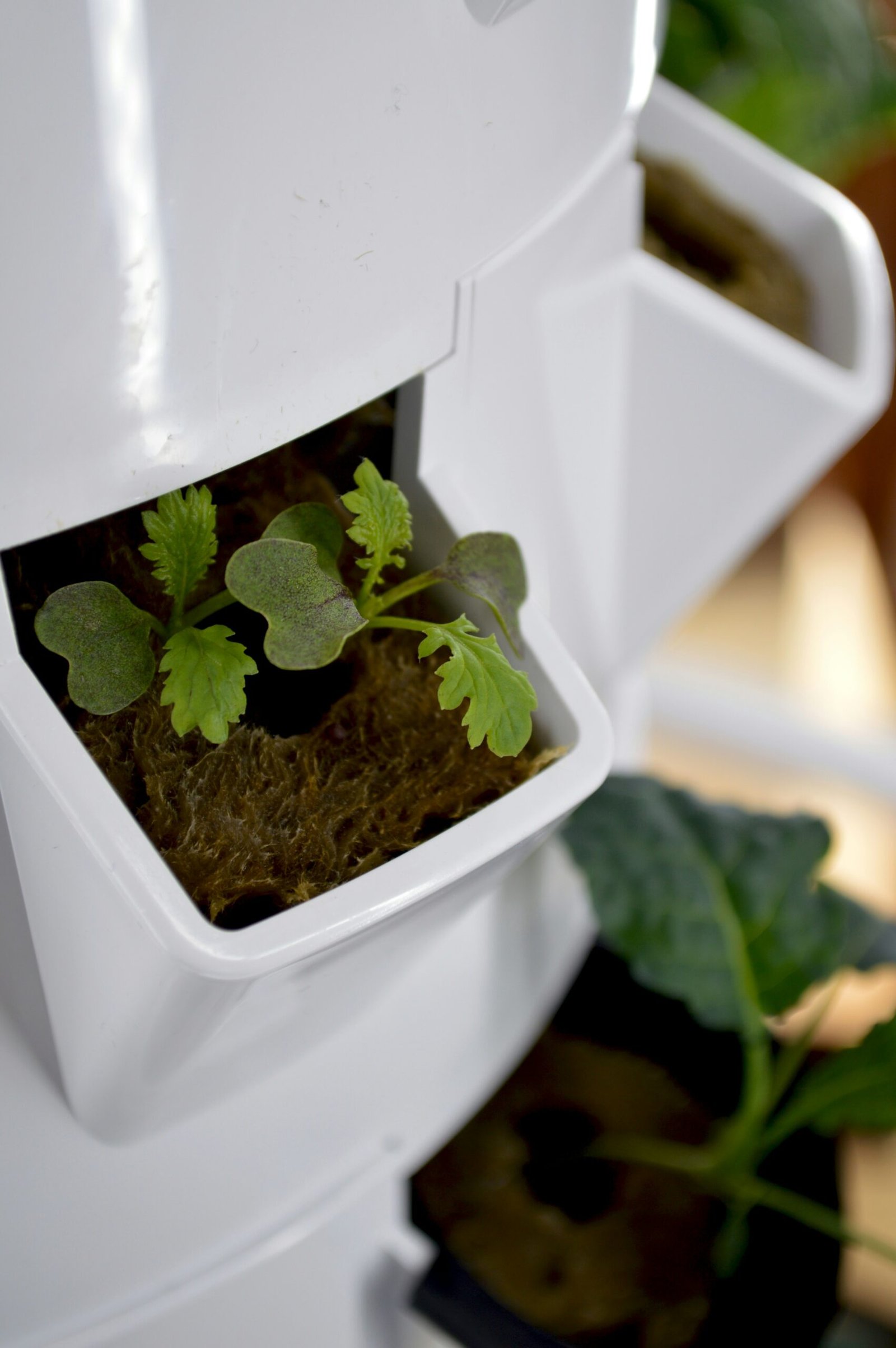My Journey Comparing Hydroponics and Traditional Farming: 10 Eye-Opening Differences
My Journey Comparing Hydroponics and Traditional Farming: 10 Eye-Opening Differences Starting out as a traditional gardener, I was used to the feel of the earth between my fingers and the satisfaction of seeing plants emerge from the soil. But as I delved into hydroponics, a whole new world of possibilities opened up. It was a

